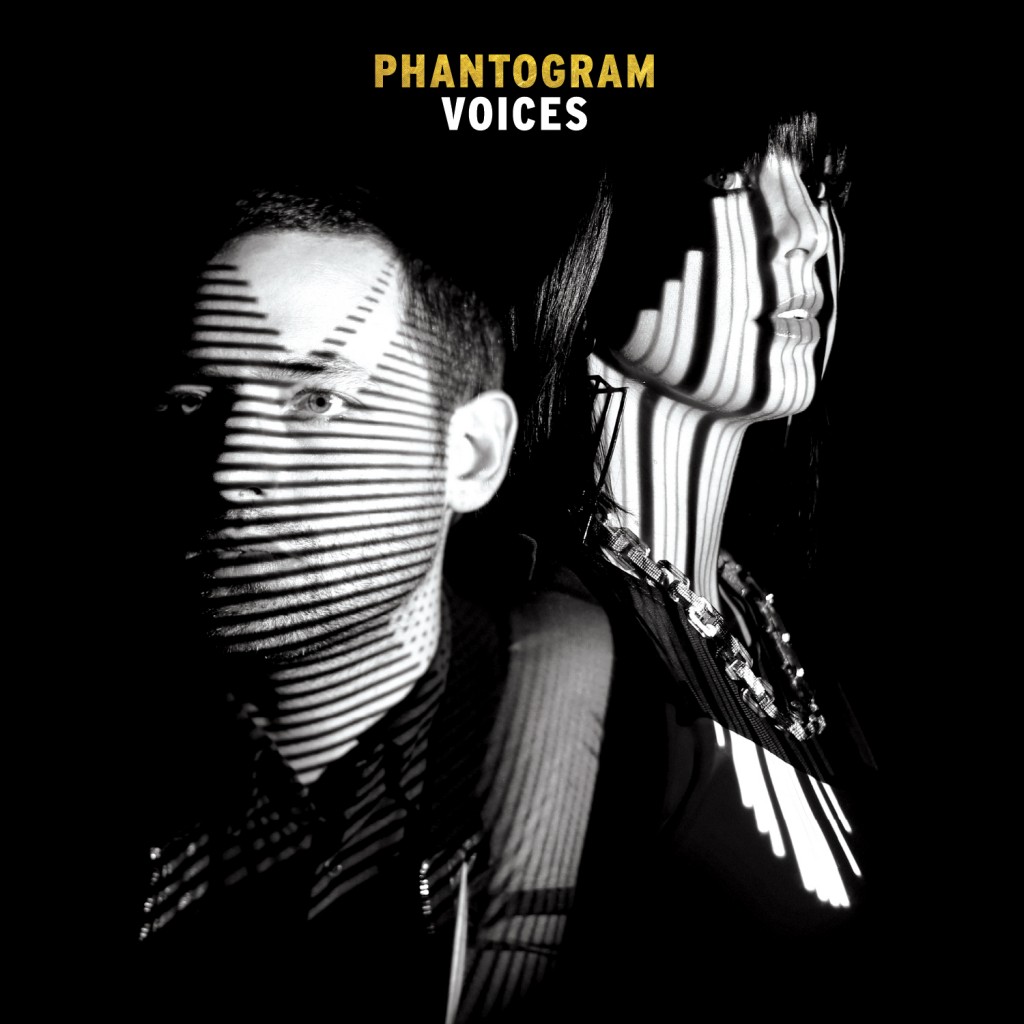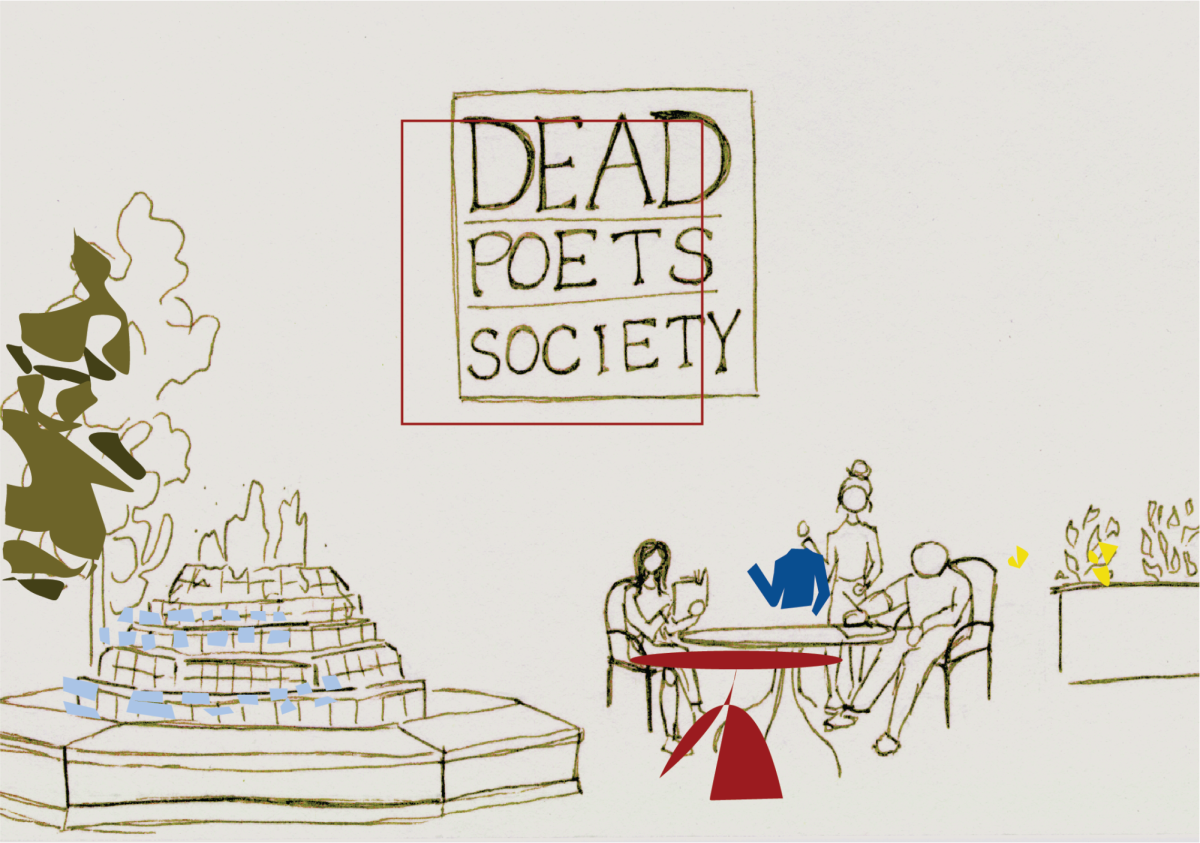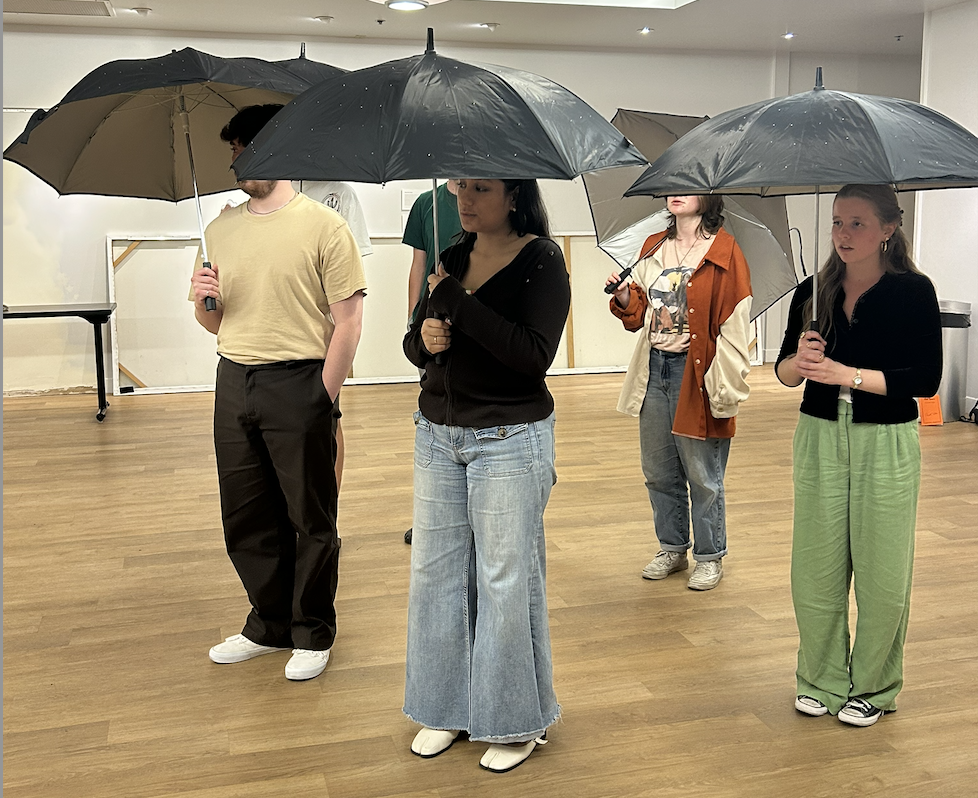Generally speaking, indie electronic music has become lackluster and terribly self-referential. Ever since MGMT’s “Kids” hit the airwaves alongside the likes of Phoenix, indie electronic bands have taken the incredibly poppy, safe route of wall-of-sound synths and sugary vocals, and have become pretty successful with those ingredients. However, artists such as Grimes and St. Vincent have created unique and deep interpretations of the genre. With “Voices,” their highly anticipated follow up to 2011’s “Nightlife EP, Phantogram continues this tradition.
CONTINUED SOUND IN REALIZED FASHION
Hailing from Greenwich, N.Y., the indie psych pop duo gained critical acclaim for their debut “Eyelid Movies.” Their unique blend of pop-rock, grinding trip-hop infused percussion and floating vocals caught the ears of independent music listeners and fellow artists alike, earning collaborations with Big Boi from the legendary OutKast. The duo worked hard recording a pair of EPs and steadily gained a fan base who has been eager to hear what might come next.
“Voices” continues the logical progression of the band’s sound, using many of the same elements in a more realized fashion.
“It’s basically our original sound, just a lot more mature and developed,” vocalist Sara Barthel told LADYGUNN. “With the songwriting, we wanted to make sure the production wasn’t taking over or overwhelming the songwriting. We paid close attention to that.”
This attention to songcraft was evident in every track on “Voices." The album’s first track, “Nothing But Trouble,” is filled with spot-on percussion and chaotic instrumentation that come together in a sonorous package. The band tastefully blends trip-hop drums with beautifully melodic vocals, making for a thoroughly enjoyable sound.
"FULL OF DANCEABLE ROCKERS"
While the album is full of danceable rockers such as “Fall In Love” and “Bad Dreams,” some of the album’s best moments are also the quietest. “Never Going Home” is slow and emotional without being melancholy, giving the album a healthy dose of sentimentality. “Bill Murray” takes a break from lush instrumentation and makes great use of negative sonic space. These ballads give the album beautiful dynamics that never overwhelm the listener.
Fans who have anticipated the release of this album since “Nightlife” will not be disappointed. The band has kept the same basic elements that gained them popularity and have built on them with mature songwriting and production. If you’re looking for unique electronic music that delves deeper than most, look no further. “Voices” is sure to be on heavy rotation on your Spotify account.







